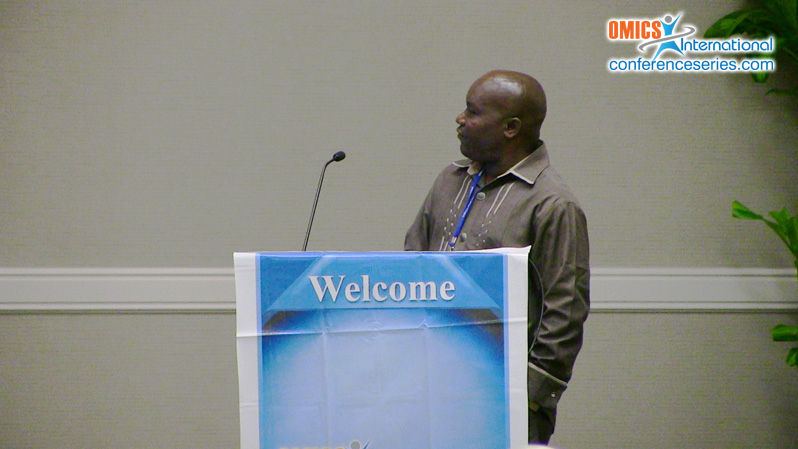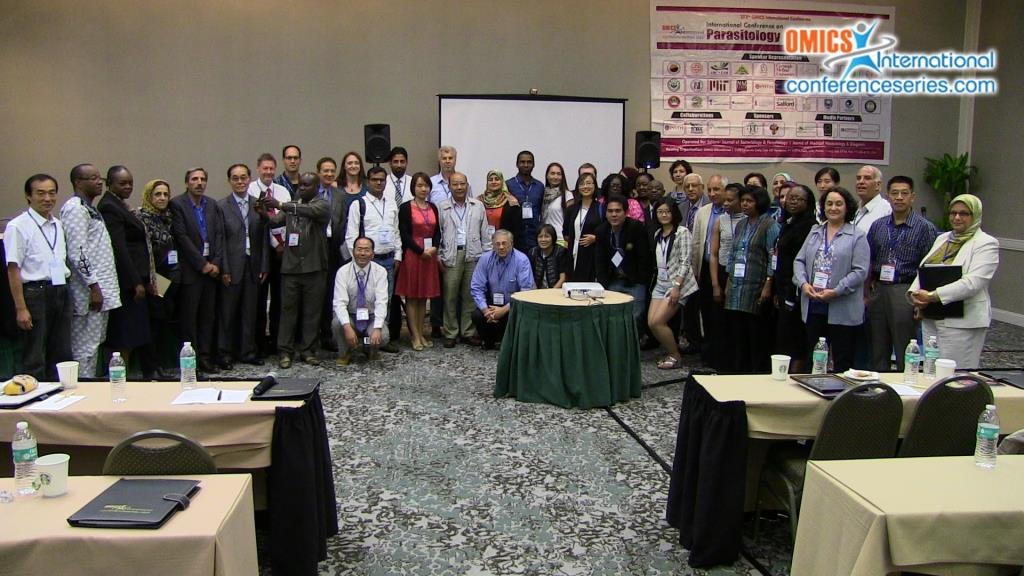
Abimbola Amoo
Olabisi Onabanjo University, Nigeria
Title: Beyond fighting malaria with drugs and treated nets: Advocacy for total integrated vector management
Biography
Biography: Abimbola Amoo
Abstract
With a population of over 150 million, Nigeria loses N132 bn yearly due to malaria as a result of treatment, transportation, loss of man hours and absenteeism. This burden is further compounded by deaths, low birth weight, and permanent disability from cerebral malaria especially in children. Thus it is a national cause of concern, as it accounts for 25% of malaria burden in sub Saharan Africa. Control is hinged on Case Management (CM), intermittent preventive treatment (IPT) for pregnant women, and integrated vector management (IVM) which combines the use of insecticide treated nets (ITN) with indoor residual spraying (IRS). Despite these improved control strategies, malaria is still responsible for 300,000 childhood deaths and 11% maternal deaths annually. What can be done to significantly reduce the malaria burden in Nigeria? A cursory look at the epidemiology of the disease shows that mosquitoes are the weakest link, but without which disease cannot be established. It is therefore imperative that a sustained, continues and aggressive destruction of mosquitoes is desire the key, as different from a reliance upon low ITN usage (11 – 26%), and an insignificant 1.02% IRS for the entire country. For this to happen, serious advocacy on the merit of serious destruction of mosquitoes as panacea for overall reduction and most probably eradication of malaria is ultimately necessary. The model being advocated is that of Florida State, USA. Each of the 774 Local Governments will establish a mosquito control agency within its jurisdiction for the sole purpose of mosquito destruction, either by larviciding, adulticiding and environmental modifications, based on informed knowledge acquired through extensive surveillance. This has worked for the state of Florida, at least for more than fifty years. Nigeria has the same geographical climate as Florida, which recorded only 11 cases of malaria between 1999 – 2003.It will require a strong political will on the part of government, pushed by an overwhelming desire originating from the local governments, whose communities have all agreed to be partners. It will also require inter agency cooperation and collaboration, especially with regards to information sharing, as necessary tools in the evaluation of impacts of interventions. A sustained mosquito destruction policy covering the entire country will invariably impact positively on malaria morbidity and mortality.


